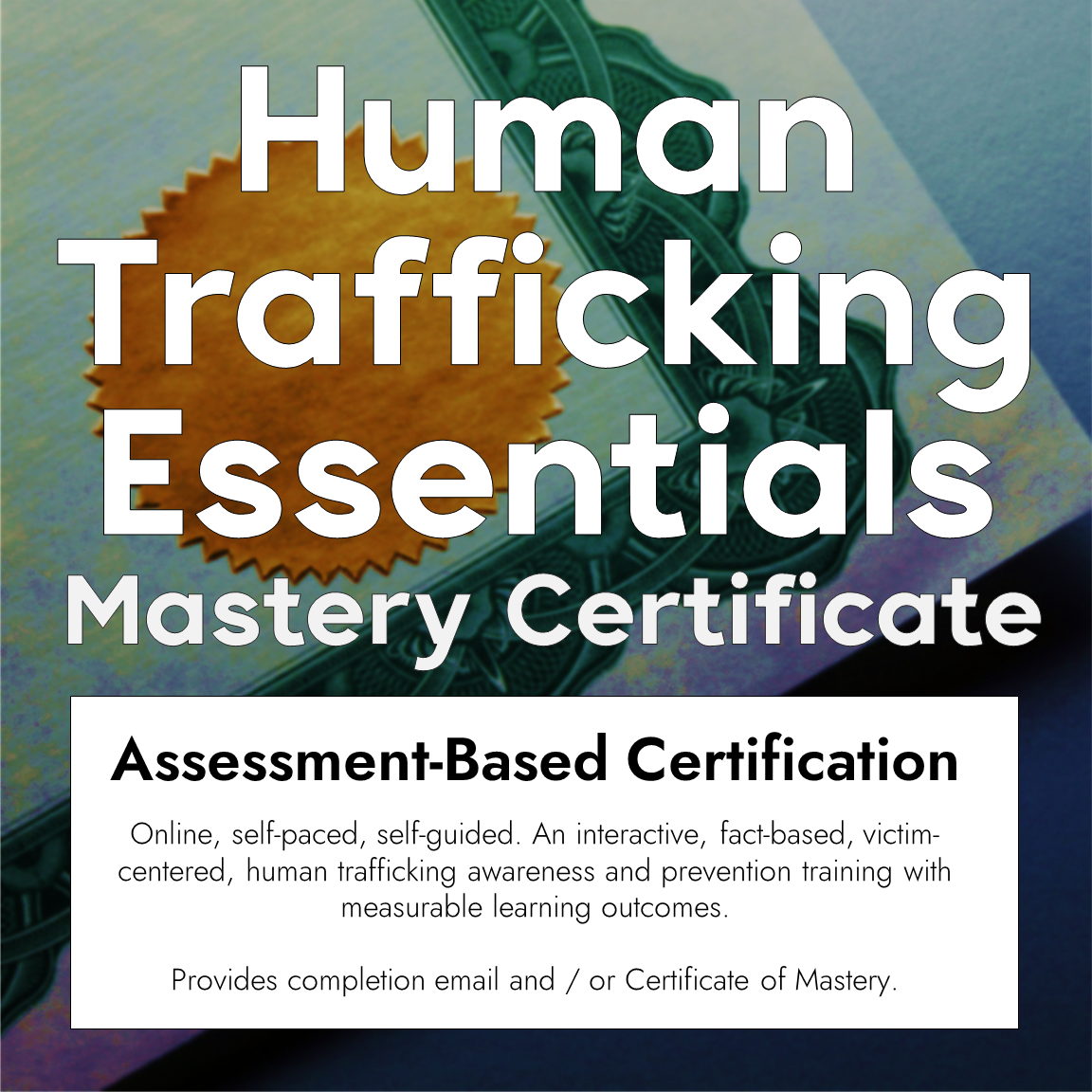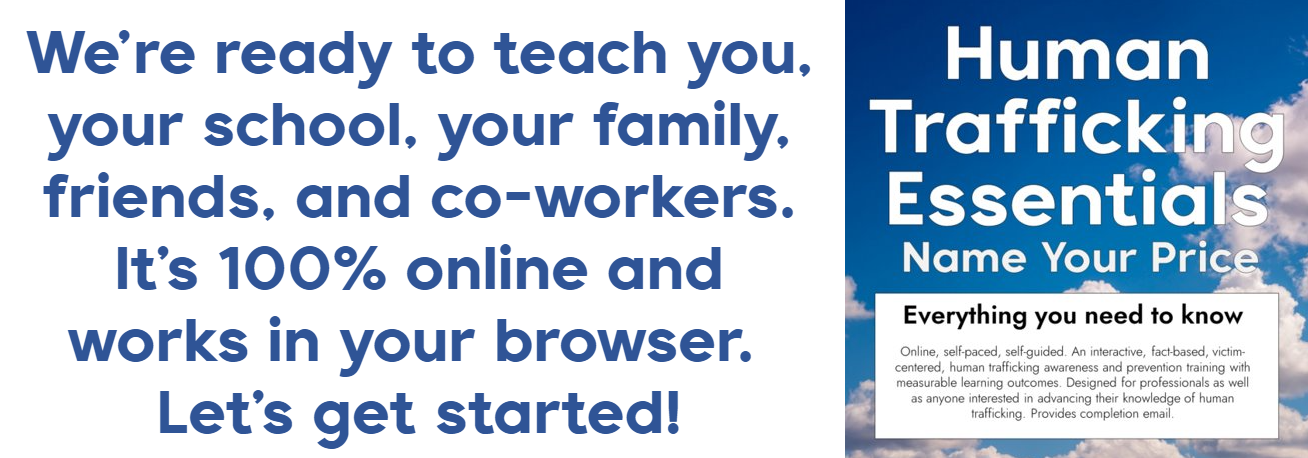Does involuntary servitude still exist in NJ? For now, it does — in prisons
While slavery as it's taught in history class may have ended generations ago, the idea of being a “slave to the state” continues to exist.
People within the New Jersey prison system are required to work, and although the 13th Amendment eliminated slavery in the most basic sense, the idea of involuntary servitude is still allowed as “punishment for crime whereof the party shall have been duly convicted.”
Legislation that has been introduced in Trenton could change that — but whether the proposal gains any traction remains to be seen.
Resolutions to amend the state constitution were introduced in both chambers of the Legislature in March 2022. And this isn't the first time these efforts have been made. Previous iterations of the same resolutions were introduced in 2020 for the last legislative session.
Assemblyman Anthony Verrelli and state Sen. James Beach have yet to schedule committee hearings, and state Senate President Nick Scutari and Assembly Speaker Craig Coughlin have done little to change that.
Richard McGrath, a spokesperson for the Senate Majority Office, said the “proposal is under review” in the upper chamber. The Assembly Majority Office similarly said the “legislation is under review.”
What would the legislation do?
The resolutions would amend the state constitution by adding a paragraph to read that “no person shall be held in slavery or involuntary servitude in this State, including as a penalty or a punishment for a crime.”
If the resolution were to pass the Legislature, it would be up to voters in the next general election to decide whether it should be implemented, through the question: “Do you approve amending the Constitution to prohibit slavery and involuntary servitude? This would include involuntary servitude as a penalty for a crime. Involuntary servitude is when a person is forced to work for another person.”
The explanation of the resolution notes that “prisoners in New Jersey are required to engage in labor, for a minimal pay, while they are incarcerated.”
“The state should not have the power to compel individuals to labor against their will. This amendment ensures that no prisoner in this state would be involuntarily forced into labor, even if the labor performed by the prisoner would be compensated,” it reads.
Marleina Ubel, a policy analyst for New Jersey Policy Perspective, said in a statement that while it may be “hard to believe that slavery still exists … there's no better way to describe how the prison system dehumanizes and exploits people who are incarcerated.”
“There is no justification for this modern-day slavery. We have to remember that these are human beings with families and communities and futures,” Ubel said. “Being incarcerated shouldn't change anyone's right to work with dignity, fair pay, safe conditions and freedom from coercion. Knowing what we know about New Jersey having the highest Black-white disparity in incarceration, this is not only an issue of human rights but racial justice.”
The think tank's stance is that this legislation as “well overdue” and that the “delay doesn't match up with the progressive values that are often talked about when thinking of New Jersey.”
Reentry in NJ, Part 1:No job, no IDs, no housing: People struggle to move on after incarceration in NJ prisons
Reentry in NJ, Part 2:Advocates of long-serving offenders say $12M NJ spends on reentry help overlooks basics
Federal efforts under way, too
It's not just a New Jersey issue, though. Sen. Cory Booker is calling for similar changes on a federal level.
This year, he has introduced a resolution to strike the slavery clause of the 13th Amendment as well as a package of bills that would end unfair and abusive labor practices in correctional facilities.
“The Thirteenth Amendment abolished slavery ‘except as a punishment for crime,' but this language has enabled and expanded the exploitation of incarcerated people in our country's prisons,” Booker said at the time. “Because fair labor standards are virtually nonexistent in U.S. prisons, incarcerated people are often compelled to work in abusive and unsafe conditions. They work for little to no pay, on average making between 13 and 52 cents per hour in most jobs. And if they refuse to work, they face retaliation by correctional officers and have limited avenues under federal law to fight for their civil rights. The current state of prison labor in America is inhumane and unacceptable.”
Katie Sobko covers the New Jersey Statehouse. Email: [email protected]
This “Eyes on Trafficking” story is reprinted from its original online location.
Fair Use Notice: The PBJ Learning Knowledge Vault is dedicated to advancing understanding of various social justice issues, including human trafficking and related topics. Some of the material presented on this website may contain copyrighted material, the use of which has not always been specifically authorized by the copyright owner. We are making such material available in our efforts to promote education and awareness of these important issues. There is no other central database we are aware of, so we put this together for both historical and research purposes. Articles are categorized and tagged for ease of use. We believe that this constitutes a ‘fair use' of any such copyrighted material as provided for in section 107 of the US Copyright Law. In accordance with Title 17 U.S.C. Section 107, the material on this site is distributed without profit to those who have expressed a prior interest in receiving the included information for research and educational purposes. For more information on fair use, please visit: “17 U.S. Code § 107 – Limitations on exclusive rights” on Cornell Law School's Legal Information Institute.

ABOUT PBJ LEARNING
PBJ Learning is a leading provider of online human trafficking training, focusing on awareness and prevention education. Their interactive Human Trafficking Essentials online course is used worldwide to educate professionals and individuals how to recognize human trafficking and how to respond to potential victims. Learn on any web browser (even your mobile phone) at any time.
More stories like this can be found in your PBJ Learning Knowledge Vault.
EYES ON TRAFFICKING
This “Eyes on Trafficking” story is reprinted from its original online location.
ABOUT PBJ LEARNING
PBJ Learning is a leading provider of online human trafficking training, focusing on awareness and prevention education. Their interactive Human Trafficking Essentials online course is used worldwide to educate professionals and individuals how to recognize human trafficking and how to respond to potential victims. Learn on any web browser (even your mobile phone) at any time.
More stories like this can be found in your PBJ Learning Knowledge Vault.

